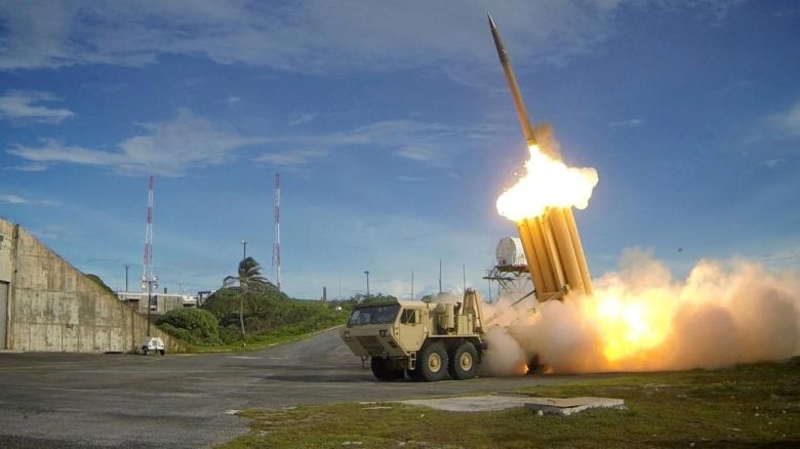
AKIPRESS.COM - A re-engineered American interceptor rocket collided with a mock intercontinental ballistic missile on Tuesday afternoon in the skies over the Pacific Ocean, the Pentagon said, in the first successful test of whether it could shoot down a warhead from North Korea racing toward the continental United States at speeds approaching true battle conditions, NYT reported.
At a time when tensions with North Korea are running high, a successful test was vital for the Defense Department’s beleaguered missile defense program. It enabled the Pentagon to argue that it is making strides in protecting the United States from a North Korean nuclear warhead.
But even advocates of the program stop short of arguing that it can now provide a defensive shield; with Tuesday’s test, only five of the last 10 tests have been declared fully or partly successful in the 13 years since the system became operational.
The results of the test were being watched carefully, not only because a failure would have been a major setback, but also because a redesigned interceptor was put up against a dummy warhead that was speeding toward the United States at a velocity close to that of a real incoming missile.
The test “demonstrates that we have a capable, credible deterrent against a very real threat,” said Vice Adm. James D. Syring, the director of the Pentagon’s Missile Defense Agency, calling the test a “critical milestone for this program.”
But Defense Department officials provided no details, saying only that initial indications showed the test had met its primary objective by hitting the target and that the missile agency would evaluate other data to determine how the system performed over all.
The test was the first of a new “kill vehicle” that uses thrusters to aim directly at an incoming warhead. That is intended to solve a persistent technical problem blamed for many past misses.
So far, North Korea has not tested a missile that could reach the United States. But experts expect that moment in the next five years or so. To truly threaten the United States, North Korea would have to demonstrate that it has a missile that can reach the West Coast or farther inland, and it would have to learn how to shrink a nuclear warhead to fit atop an intercontinental missile and survive the stresses of re-entering the atmosphere.
But Pyongyang has also been working hard to overwhelm the defense systems that the Pentagon has placed in California, where the antimissile system was tested on Tuesday, and in Alaska. For instance, North Korea regularly practices firing salvos of missiles because the American system is designed to intercept only one or two incoming warheads at a time.
Analyses of recent North Korean flight tests and missiles paraded through the streets of Pyongyang suggest that the North may also be seeking to develop maneuverable warheads. Such a tactic, if successfully developed, would help warheads dodge antimissile interceptors.
For that reason, President Barack Obama ordered in 2014 that the traditional missile defenses be supplemented by a covert program intended to sabotage launches before they happen. That program includes electronic warfare attacks, but it is unclear how successful it has been. Experts say that a combination of that “left of launch” sabotage, so called because it comes before or just as a missile launches, and “right of launch” interception of airborne missiles, the kind practiced on Tuesday, represent the best chance of protecting the United States.
Efforts to test the country’s multibillion-dollar efforts at missile defense have had mixed results. A Pentagon report in January criticized the long-range system, saying that it “demonstrates a limited capability to defend the U.S. homeland from small numbers” of medium- and long-range missiles “launched from North Korea or Iran.”
